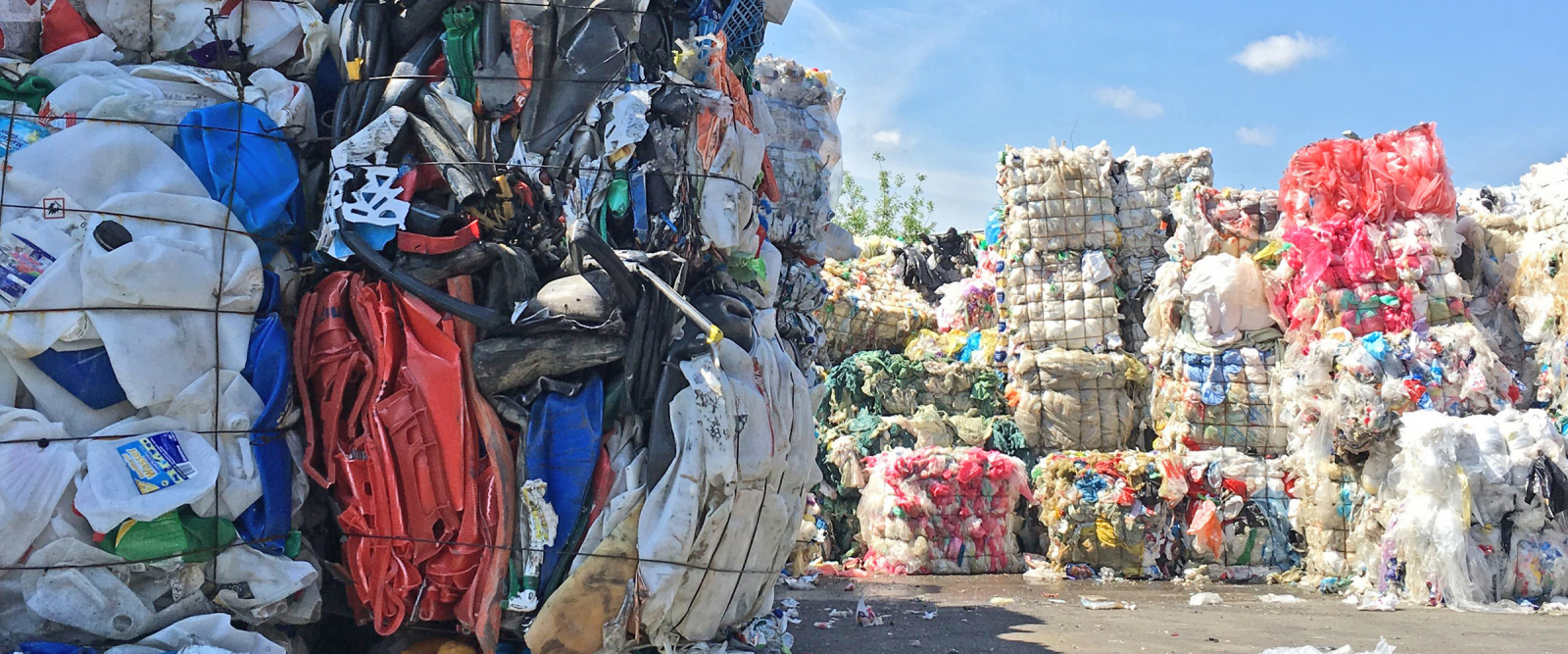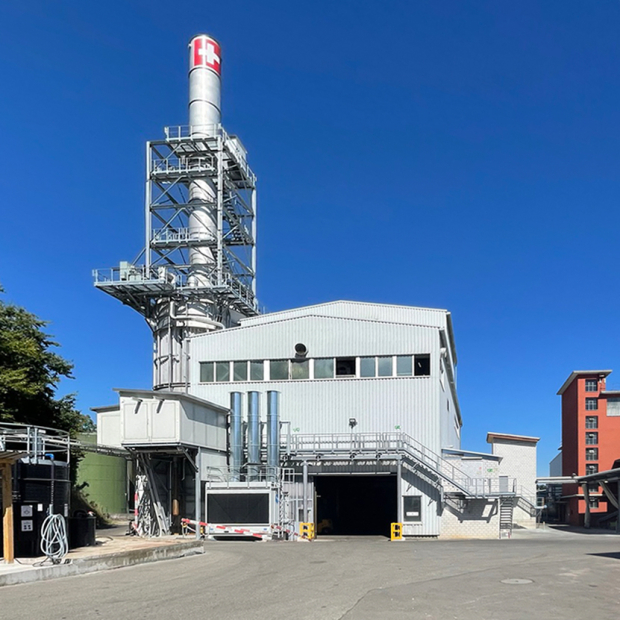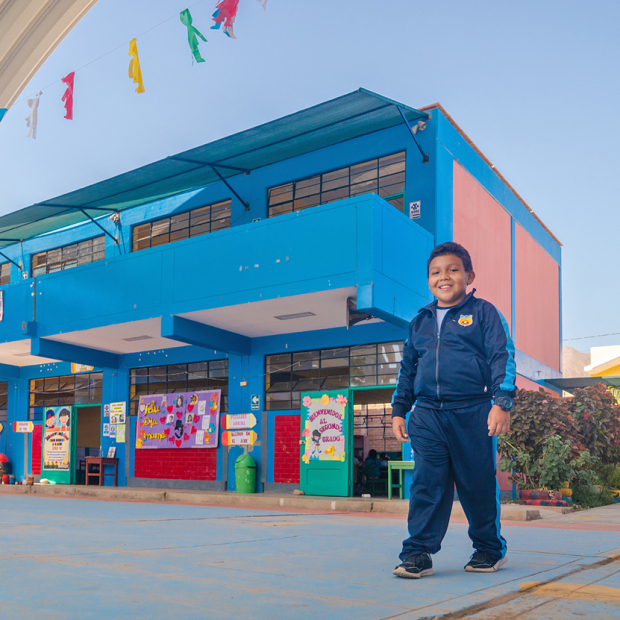

Evaluation of the global “Sustainable Recycling Industries” program
Switzerland has long been committed to promoting the recycling of secondary materials in developing countries. One example of this commitment is the "Sustainable Recycling Industries" (SRI) program, which is funded by the Swiss State Secretariat for Economic Affairs (SECO). Working on behalf of SECO, EBP carried out a comprehensive evaluation of the program and issued recommendations for the program’s continuation.
The aim of the program is to encourage small and medium-sized companies in developing countries to recycle secondary materials from electric and electronic waste and to secure their participation in a global value-added chain. The specific program objectives included the following:
- To enable selected experts to identify lifecycle-data parameters for key industry sectors and to begin gathering and recording such data
- To build capacities for the sustainable recycling of electric and electronic waste in close cooperation with the private sector, educational institutions and other informal-sector stakeholders
- To develop and apply sustainability criteria for secondary materials in the framework of a global process
A total of seven countries implemented the program between 2013 and 2017. These countries included Egypt, Brazil, Ghana, India, Colombia, Peru and South Africa. Each of the countries applied a different focus in establishing the three program objectives. The implementation efforts were headed up by the Swiss Federal Laboratories for Materials Science and Technology (Empa), the World Resources Forum (WRF) and ecoinvent.
Assessment of the program’s relevance, effectiveness, efficiency and sustainability
EBP carried out an evaluation of the program that included systematic attempts to answer the following questions:
- How relevant are the program objectives and how relevant is the program for the participating countries?
- How effective are the project activities when it comes to meeting the program objectives?
- How efficient is the project management?
- How can the project’s benefits be maintained or expanded in the long term?
In the course of its evaluation, the EBP team also gathered and recorded information relating to the implementation process. Using our findings as a basis, we developed recommendations for the future of the program and made these available to the SECO for purposes of strategy development.
Picture Credits: Maya Wolfensberger










